In the pursuit of youthful and radiant skin, various skincare treatments have emerged. Each one of them promises a flawless complexion. One such procedure that has gained significant popularity in recent times is microdermabrasion. We’re here to explore and share all you need to know about microdermabrasion, starting with explaining what that procedure is precisely, how it differs from dermabrasion, what are its benefits, who are the best candidates for the treatment, how to prepare for it, and how to treat your skin afterward.
Contents
What Is Microdermabrasion?
Microdermabrasion is a cosmetic procedure that uses fine crystals and a vacuum to remove dead skin cells. Microdermabrasion can exfoliate the skin, reduce signs of aging, and make the skin appear more even. A healthcare professional usually performs the procedure, but recently, with the enormous development of beauty-tech gadgets, you can find microdermabrasion devices for at-home use. At-home microdermabrasion is considered a non-invasive cosmetic procedure, while microdermabrasion at the cosmetic clinic is considered minimally invasive. If you want to learn more about the differences between non-invasive and minimally invasive cosmetic procedures, this article explains it well.
Microdermabrasion and Dermabrasion
To avoid possible confusion, there is a difference between the two. Microdermabrasion is less invasive than dermabrasion. Dermabrasion uses more intensive methods and is performed by a dermatologist or plastic surgeon. It may be recommended for acne scars, scars from accidents or surgery, or to remove tattoos, while microdermabrasion is being performed in order to address skin concerns such as dullness in the complexion, uneven skin tone and texture, age spots, and similar.
How Is Microdermabrasion Performed?
It is pretty simple; it comes down to spraying or rubbing fine crystals onto the skin with a wand that gently exfoliates the surface, removing the top layer. If performing at-home microdermabrasion, we find it extremely important to educate and inform ourselves on every single aspect of the procedure. To achieve that, we advise you to read carefully all instructions and recommendations from the brand you bought the product from. Secondly, it is vital to be aware of post-microdermabrasion care, especially what you must avoid.
Crystal and Diamond-Tip Microdermabrasion
In the crystal version of this treatment, fine crystals, often composed of aluminum oxide or sodium bicarbonate, are sprayed onto the skin surface using a handheld device. These crystals exfoliate the skin, while a vacuum simultaneously suctions away the dead skin cells and used crystals.
Alternatively, diamond-tip microdermabrasion, or simply diamond microdermabrasion, employs a wand with a tip covered in natural or synthetic diamond particles. This wand is moved across the skin, abrading away the outer layer. The vacuum system then sucks out the exfoliated skin cells, revealing a fresh, rejuvenated complexion.
Uses and Benefits of Microdermabrasion
Microdermabrasion aims to make a person’s complexion smoother, brighter, and more even in color, reducing the look of fine lines, wrinkles, pigmentation, and acne-prone skin.
Resurfacing the skin texture and contributing to skin glow
Microdermabrasion promotes cell turnover, revealing fresh, new skin cells, which contributes to a natural radiance, giving the skin a healthy and youthful glow.
Reducing the look of fine lines and wrinkles
By removing the outer layer of dead skin cells, microdermabrasion helps reduce the appearance of fine lines and wrinkles, making it an appealing option for those looking to combat the signs of aging.
Reducing pigmentation
Microdermabrasion can be a game-changer for those struggling with uneven skin tone or hyperpigmentation. It targets dark spots and promotes an even complexion.
Helping pores appear smaller
We have about 20,000 pores on our face – which are basically deep pockets that collect all the dirt, sebum, and other impurities that sit on our skin during the day. Microdermabrasion combined with vacuum suction extracts impurities from deep within pores to clear them out and help them appear smaller.
Improving the appearance of acne-prone skin
While not a cure for severe acne, microdermabrasion can help improve the appearance of acne-prone skin by unclogging pores and reducing the appearance of scars left behind by previous breakouts.
Microdermabrasion at Home
If you are looking for an at-home microdermabrasion device, FOREO has just the thing you need – KIWI™ derma, the world’s first microdermabrasion device that doesn’t require any replacement parts. Its tips are made of medical-grade steel and Adamas diamonds that are so sturdy they never need replacing. Ever.
Before and After Microdermabrasion
Here are our tips for preparing your skin for treatment with KIWI™ derma and, even more importantly, how to take care of your skin after at-home microdermabrasion.
- Before using KIWI™ derma on your face, you can test it on your arm to find optimal comfort. Start on intensity level 1, and see how your skin reacts. Then, work your way up to the intensity level that feels effective yet comfortable.
- Refrain from over-exfoliating – one glide per area is enough. Do not apply excessive pressure – KIWI™ derma’s diamond microdermabrasion will work even with minimal pressure.
- Always glide the device quickly and evenly across the skin in an upward motion. Do not pause in one area.
- After the treatment, moisturize thoroughly to hydrate your skin and reduce the reddening of sensitive areas. We recommend Swedish Hydration Routine using FOREO’s UFO™ 3 Deep Hydration Facial Device with your preferred UFO™ Activated Mask.
- Avoid using retinoids, peels, or other exfoliating treatments for at least three days before and after performing microdermabrasion at home. Additionally, refrain from using vitamin C products at least one week before and after the procedure to avoid over-irritation.
- It’s important to limit sun exposure before and after microdermabrasion treatment. Avoid the sun and use sunscreen at least a week before and after the procedure to prevent potential harm to the skin. We recommend using a broad-spectrum sunscreen with a high SPF.
Who Is It For?
Generally speaking, microdermabrasion fits perfectly to those with healthy skin or insignificant skin problems. On the opposite end, microdermabrasion is not recommended for people with serious skin concerns or those with active keloids or warts.
As for pregnant women, we would advise not to start with microdermabrasion if your skin doesn’t have previous experience with the treatment. That rule can be applied to both at-home and treatment at the clinic and refers to the pregnancy and breastfeeding period. If you have previous experience with microdermabrasion, at-home treatments (as being non-invasive) shouldn’t put you at any risk. However, you might want to double-check with our derm or physician to be perfectly safe.


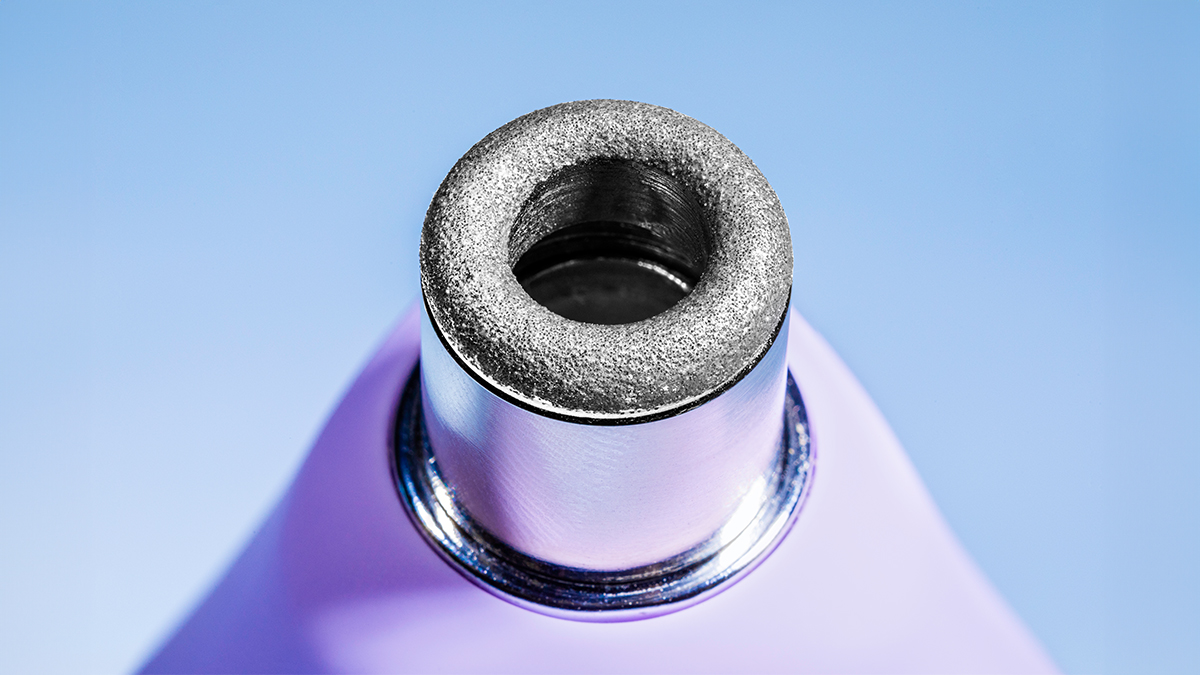


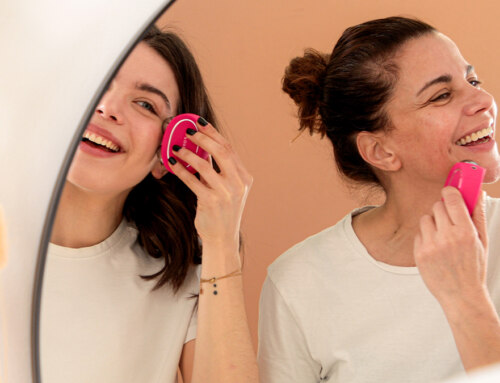
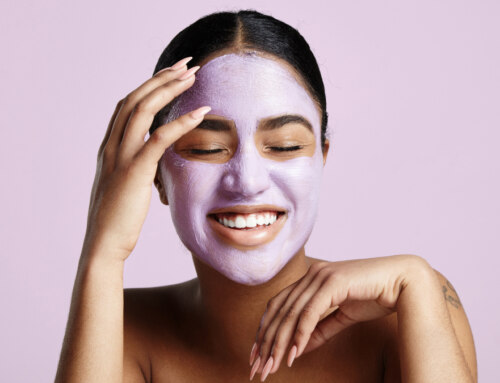
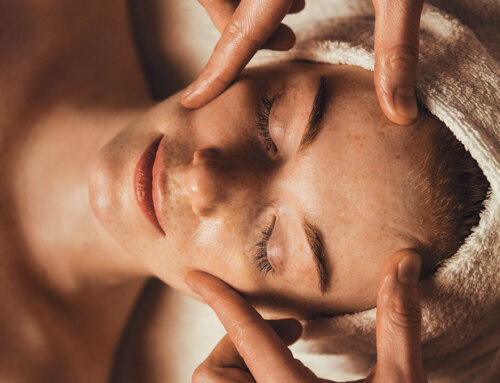

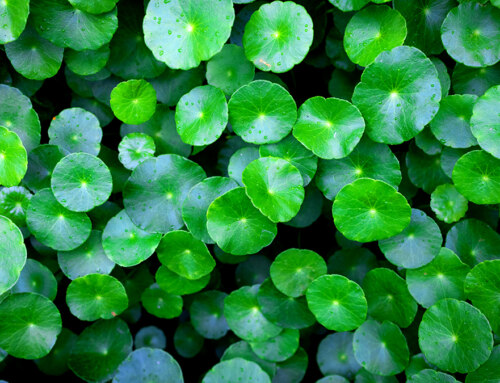
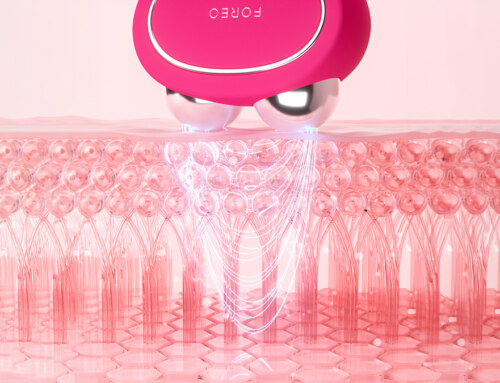



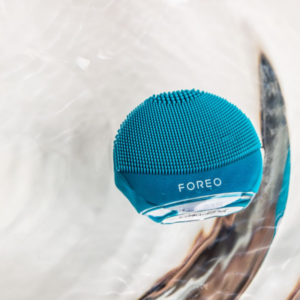

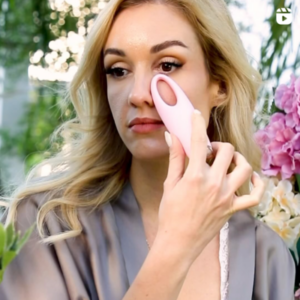
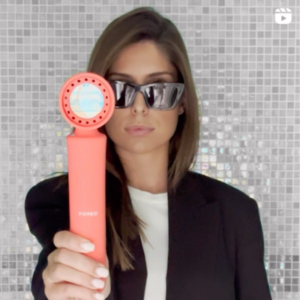
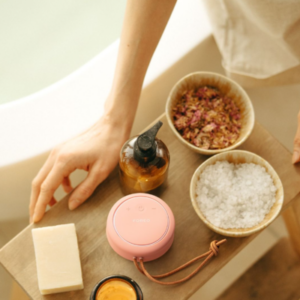
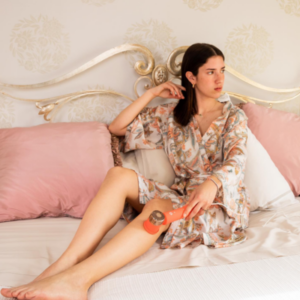
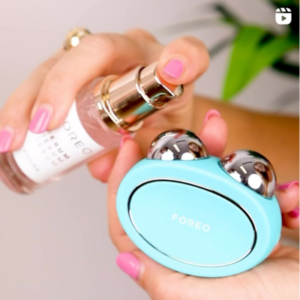
It’s so cute that my best friend is an avid beauty enthusiast and has been searching for high-quality microdermabrasion products for sale to enhance her skincare routine. Actually, she’s excited to revitalize her skin’s texture and appearance, aiming for that healthy, youthful glow she’s always wanted. I bet she knows that microdermabrasion encourages the turnover of skin cells, exposing new, healthy skin cells that add to the skin’s natural radiance and youthful glow.